Herbs That Can Be Planted Together For A Flavorful Garden
Title: Herbs That Can Be Planted Together for a Flavorful Garden
Introduction:
Herbs are a great way to add flavor and interest to your cooking, and they can also be beautiful additions to your garden. But did you know that some herbs can actually help each other grow better? This is called companion planting, and it's a great way to get the most out of your herb garden.
In this blog post, we'll discuss some of the best herbs to plant together, as well as some herbs that should be avoided. We'll also provide some tips for companion planting, so you can create a flavorful and productive herb garden.
Main Content:
Herbs That Grow Well Together
- Basil and tomatoes are a classic companion plant combination. Basil helps to repel pests that can damage tomatoes, and it also enhances the flavor of tomatoes.
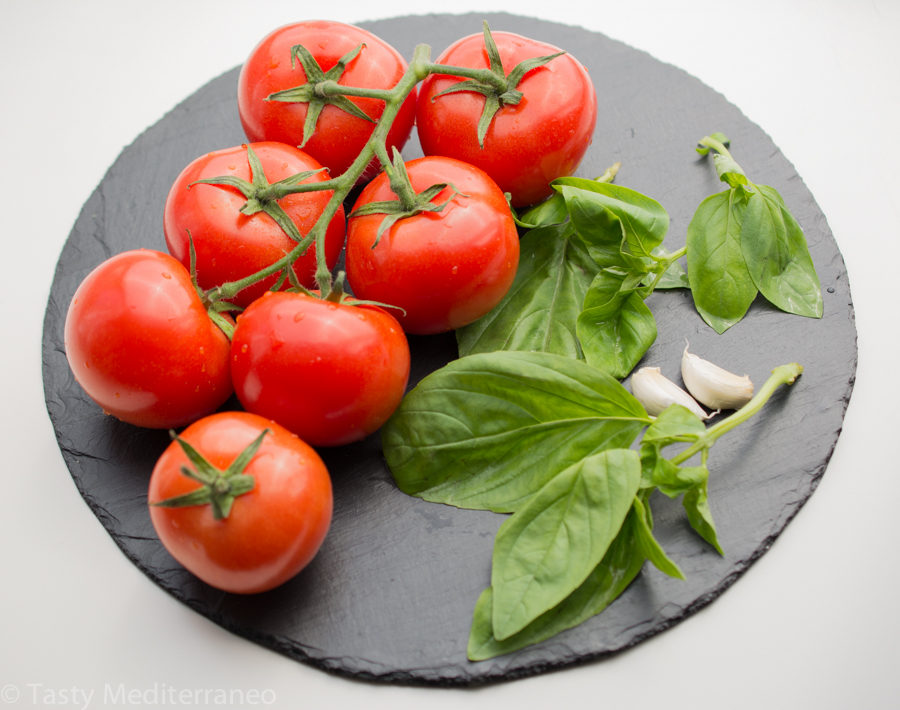
- Chives and carrots are another great pairing. Chives help to repel carrot flies, and they also add flavor to carrots.
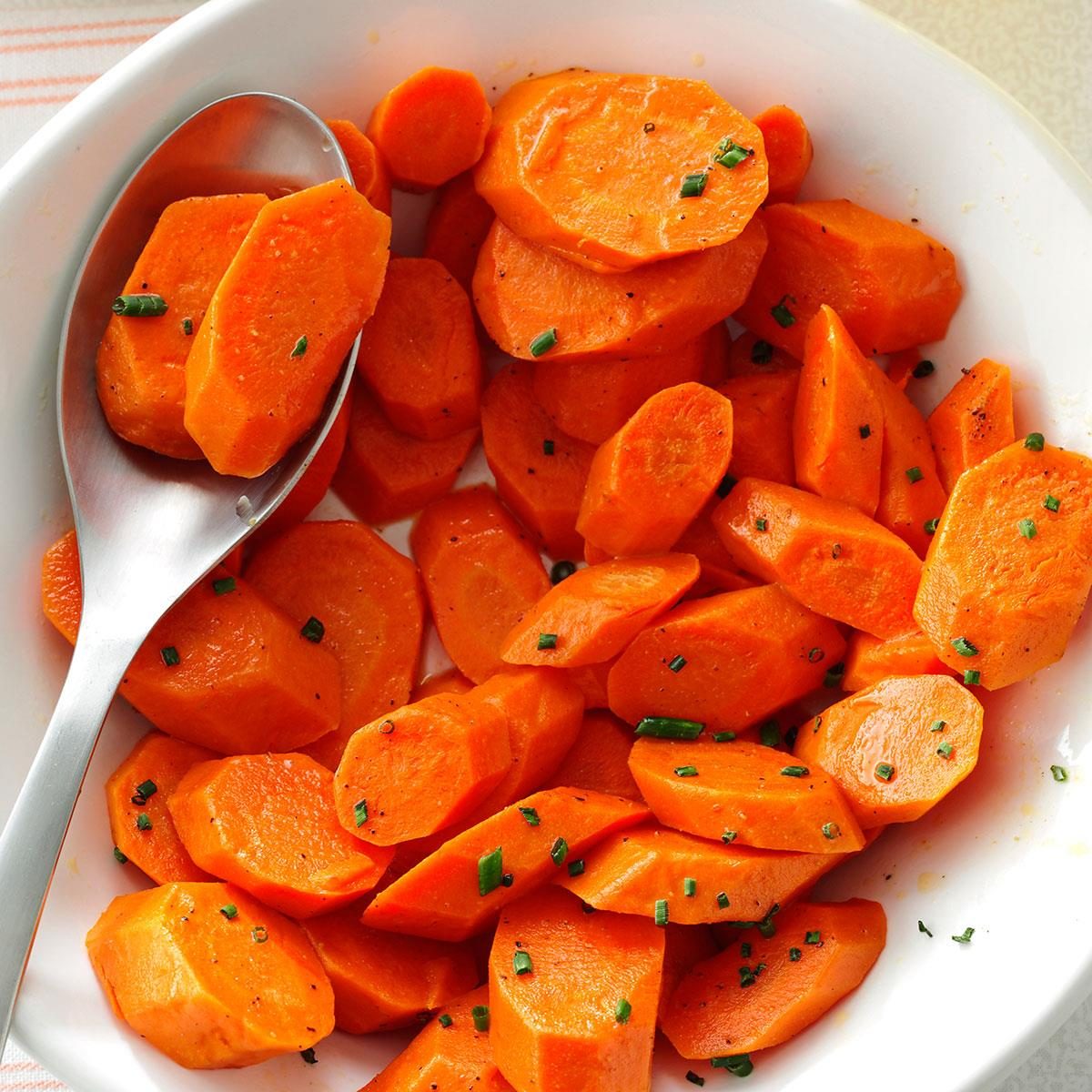
- Cilantro and beans are a good match. Cilantro helps to attract beneficial insects that can help to protect beans from pests.

- Dill and cucumbers are a good choice for companion planting. Dill helps to repel pests that can damage cucumbers, and it also helps to improve the flavor of cucumbers.
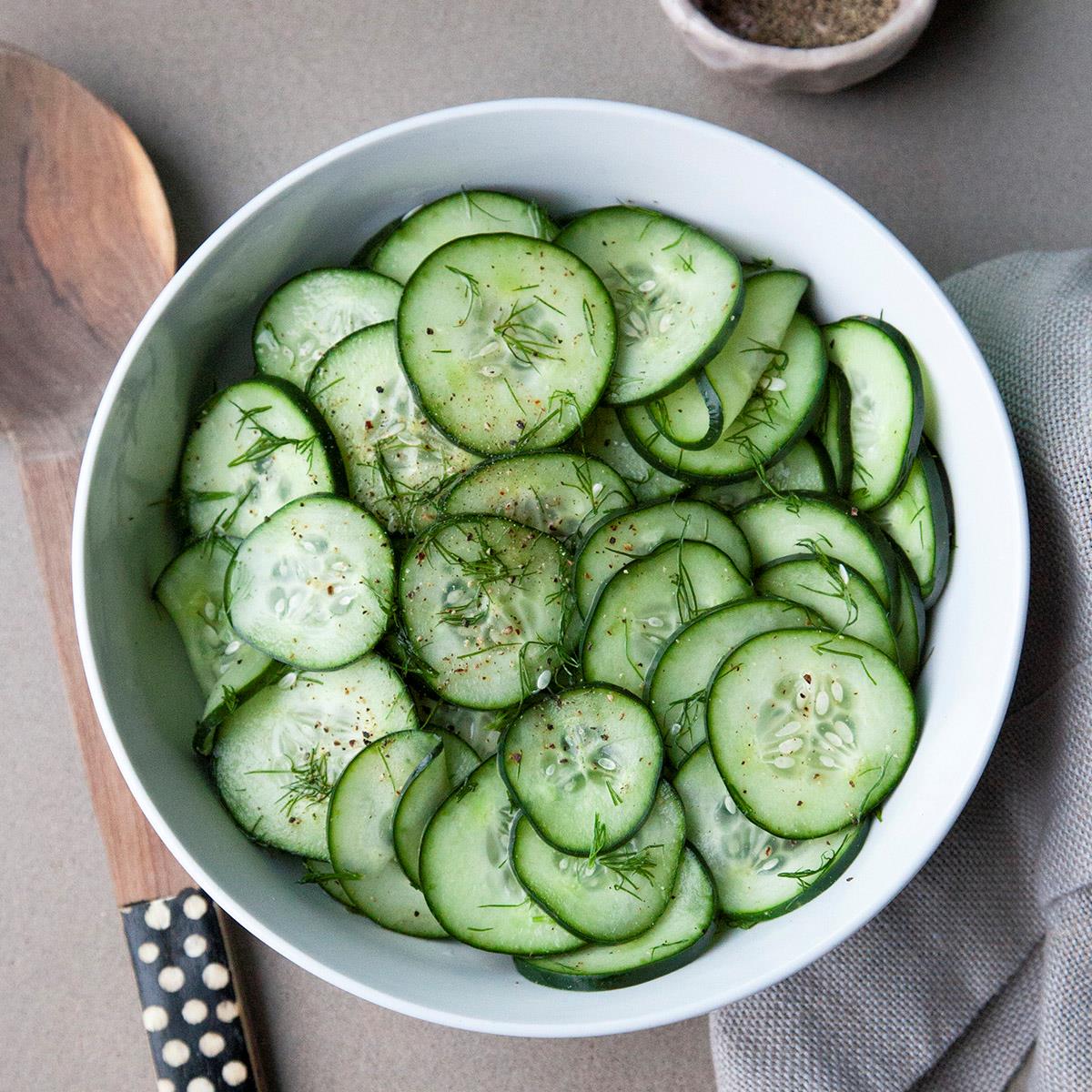
- Lavender and rosemary are both Mediterranean herbs that grow well together. They have similar growing requirements, and they can help to attract beneficial insects to your garden.
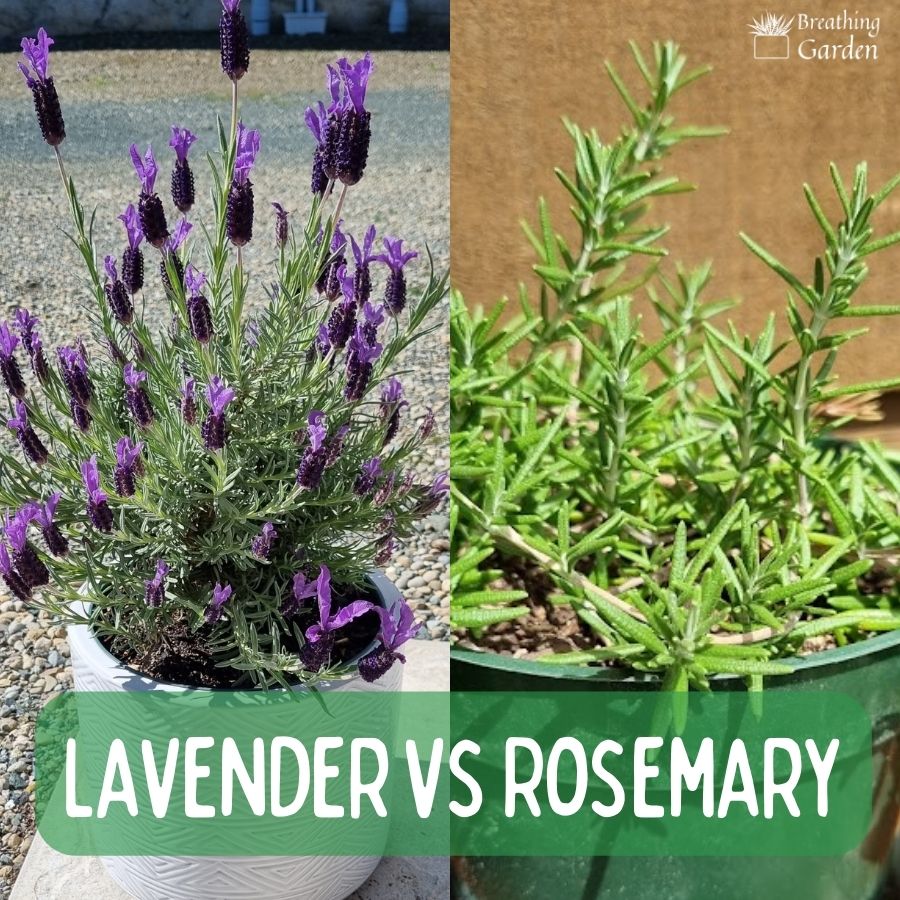
- Marjoram and oregano are also good companions. They have similar flavors, and they can help to repel pests that can damage other herbs.

- Parsley and mint are both hardy herbs that can tolerate a variety of conditions. They can help to repel pests and attract beneficial insects to your garden.
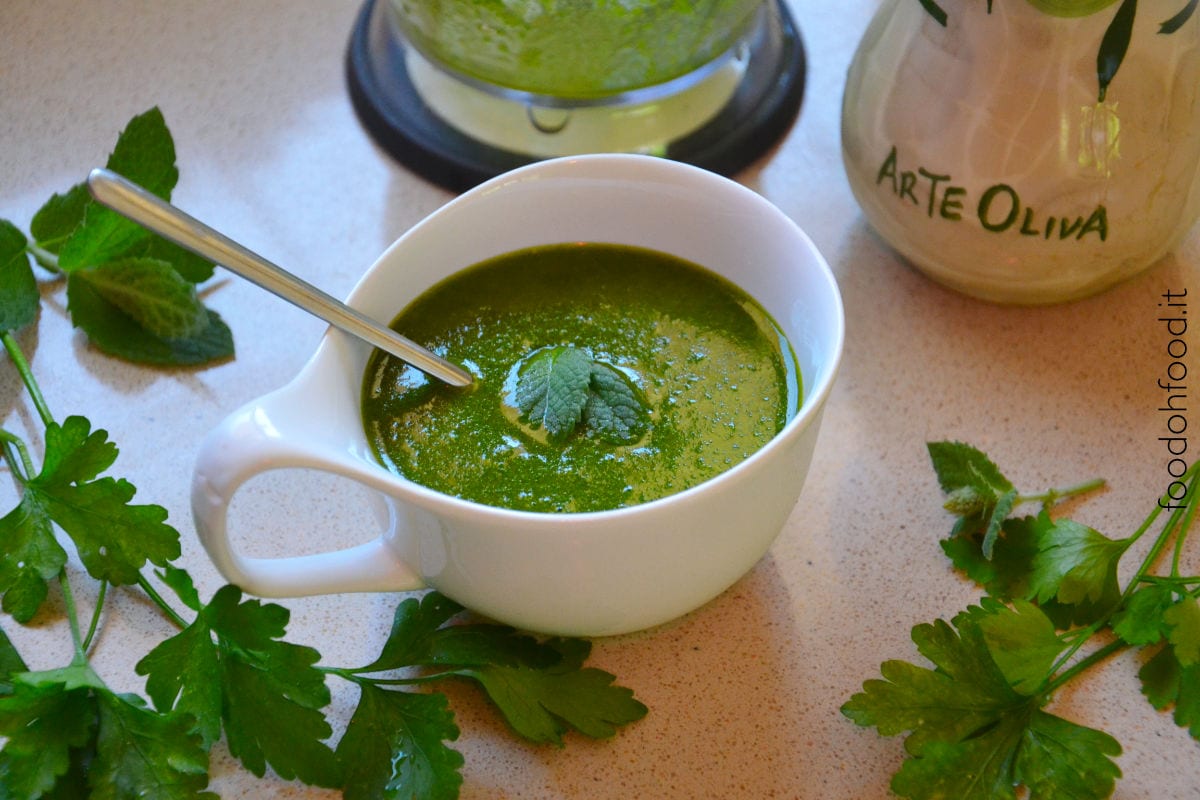
Herbs to Avoid Planting Together
- Fennel and cilantro should not be planted together. These herbs are incredibly competitive, and they will stunt each other's growth.
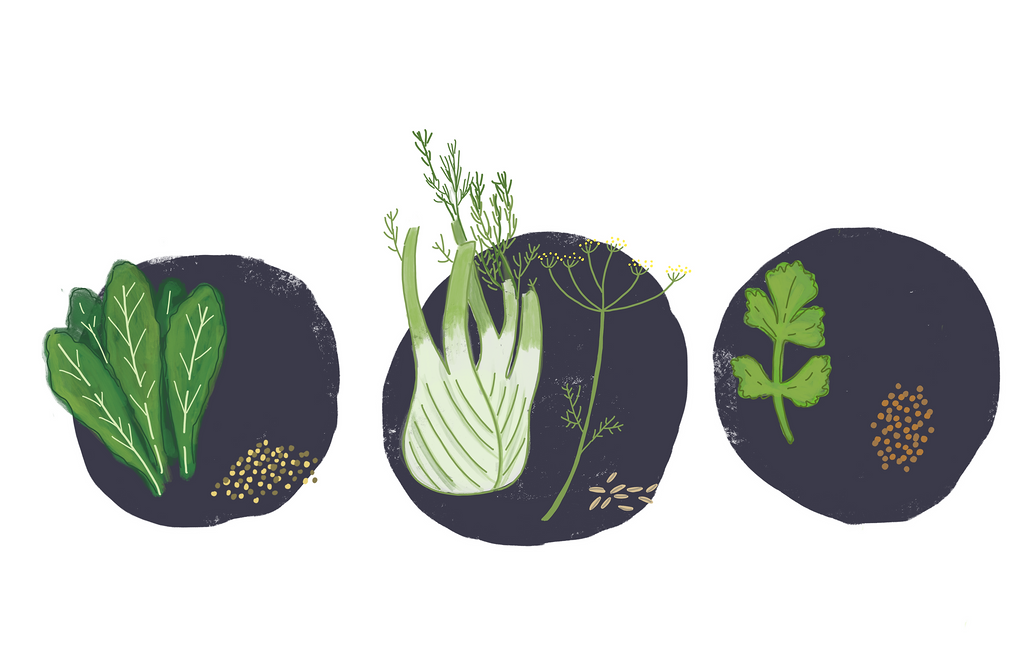
- Rue, sage, and basil should also be avoided. These herbs can all damage each other by inhibiting their growth.
- Dill and lavender should not be planted together because dill prefers acidic soil, while lavender prefers alkaline soil.

Tips for Companion Planting
- When choosing herbs to plant together, consider their growing requirements. Some herbs prefer full sun, while others prefer partial shade. Some herbs need well-drained soil, while others can tolerate moist soil.
- Consider the flavors of the herbs you're planting. Some herbs have strong flavors that can overpower others.
- Consider the pests and diseases that are common in your area. Some herbs can help to repel pests, while others can attract beneficial insects.
- Experiment! There's no right or wrong way to companion plant. The best way to find out what works for you is to experiment with different combinations.
Conclusion:
Companion planting is a great way to get the most out of your herb garden. By planting herbs that complement each other, you can create a garden that is both productive and flavorful.
There are many herbs that can be planted together, but some are better suited for each other than others. For example, Mediterranean herbs, such as lavender, oregano, marjoram, rosemary, sage, and thyme, tend to do well together, as they require many of the same growing conditions. So-called "damp" types, which include basil, cilantro, tarragon, and parsley, are good matches as well.
If you're not sure which herbs to plant together, you can visit Home Gardening for more information. This website has a comprehensive list of herbs that can be planted together, as well as tips on how to create a successful herb garden.
FAQ of herbs that can be planted together
Q: What are some herbs that can be planted together?
A: There are many herbs that can be planted together, but some of the most popular pairings include:
- Basil and chives: These two herbs have similar growing conditions and can help to repel pests.
- Dill and carrots: Dill attracts beneficial insects that help to control pests, while carrots help to improve the flavor of dill.
- Mint and tomatoes: Mint helps to deter nematodes, which can damage tomato plants.
- Oregano and basil: These two herbs have a complementary flavor and can be used together in many dishes.
- Rosemary and lavender: These two herbs have a beautiful fragrance and can be used to attract pollinators.
Q: What are some herbs that should not be planted together?
A: Some herbs should not be planted together because they can compete for resources or attract pests. Some of the most common pairings to avoid include:
- Basil and fennel: These two herbs have different growing requirements and can stunt each other's growth.
- Cilantro and carrots: Cilantro can inhibit the growth of carrots.
- Mint and other herbs: Mint is a very invasive plant and can quickly crowd out other herbs.
- Rosemary and sage: These two herbs can attract the same pests, so it is best to plant them in separate areas.
Q: What are some tips for companion planting herbs?
A: When companion planting herbs, there are a few things to keep in mind:
- Consider the plants' growing conditions. Make sure that the herbs you choose have similar sunlight, water, and soil requirements.
- Think about the plants' flavors. Some herbs have complementary flavors, while others can clash.
- Consider the plants' pest and disease resistance. Some herbs can help to repel pests or diseases, while others can be susceptible to the same problems.
- Experiment with different pairings. There is no one right way to companion plant herbs, so feel free to experiment and find what works best for you.
Image of herbs that can be planted together
- Basil and tomatoes: These two herbs are a classic combination that is both delicious and attractive. Basil helps to deter tomato hornworms, and tomatoes provide the support that basil needs to climb.
- Chives and roses: Chives help to repel aphids, which can be a problem for roses. They also add a touch of color and interest to a rose garden.

- Lavender and mint: Lavender and mint have different water needs, so it is important to plant them in separate pots or beds. However, they both attract beneficial insects and butterflies, and they look lovely together.
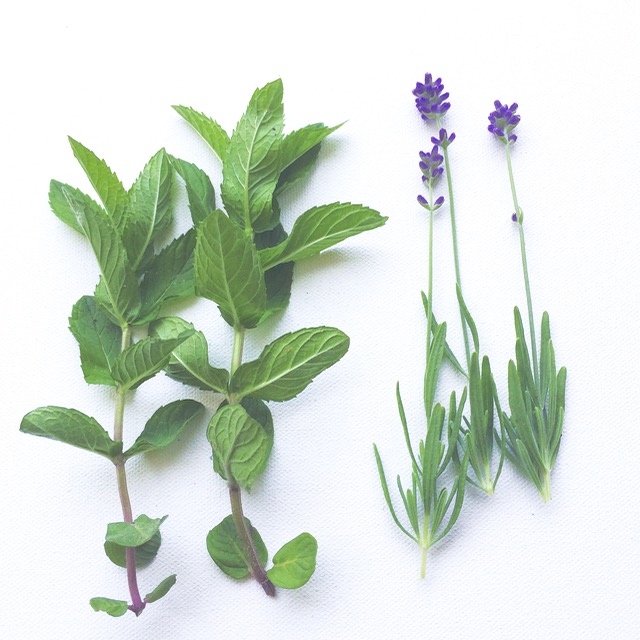
- Oregano and thyme: Oregano and thyme are both Mediterranean herbs that thrive in full sun. They also have similar water needs, so they are a good choice for planting together.

- Parsley and sage: Parsley and sage are both biennials, which means that they will grow for two years before dying. They are both hardy herbs that can tolerate a variety of conditions, so they are a good choice for planting together.
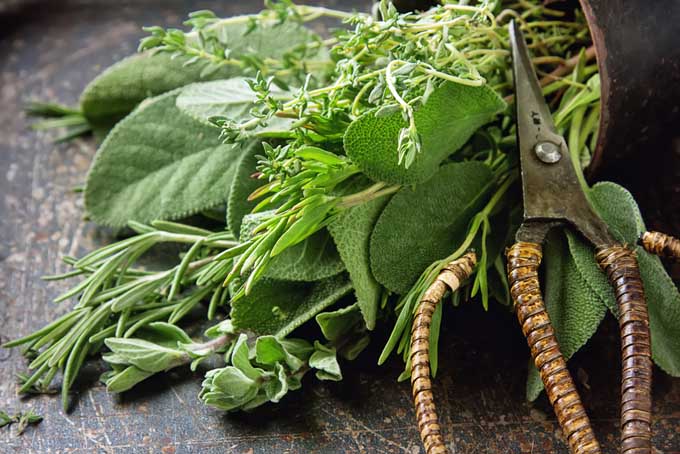
- Rosemary and lavender: Rosemary and lavender are both drought-tolerant herbs that thrive in full sun. They also have similar water needs, so they are a good choice for planting together.

- Savory and marjoram: Savory and marjoram are both Mediterranean herbs that have a similar flavor profile. They are both heat-tolerant herbs that can be used in a variety of dishes.

- Thyme and chives: Thyme and chives are both low-growing herbs that are perfect for edging a garden bed. They also have similar water needs, so they are a good choice for planting together.

- Watercress and lettuce: Watercress and lettuce are both leafy greens that can be grown in containers or in the ground. They have similar water needs, so they are a good choice for planting together.
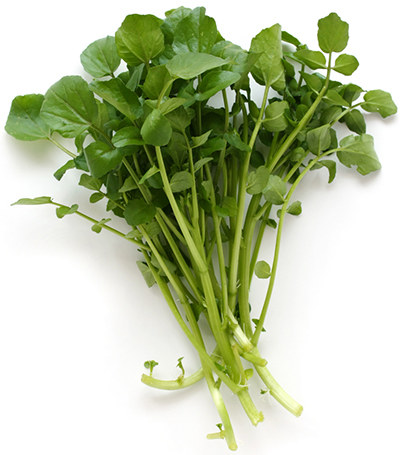
Post a Comment for " Herbs That Can Be Planted Together For A Flavorful Garden"